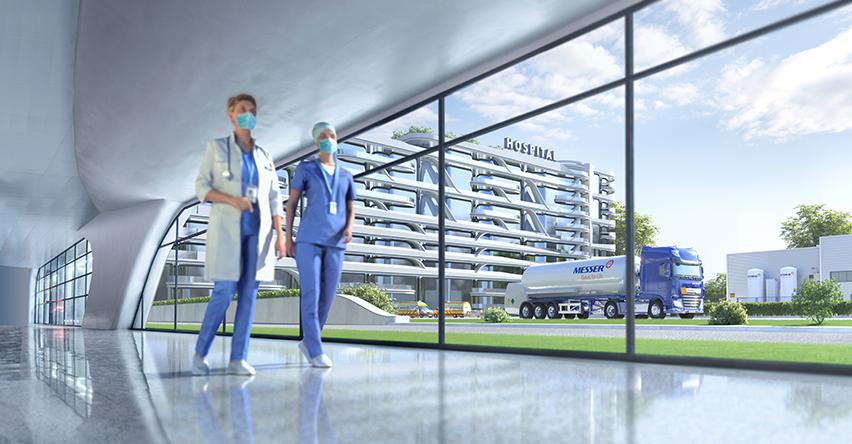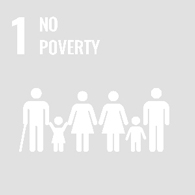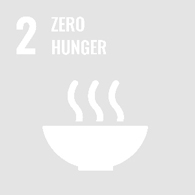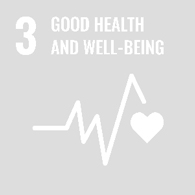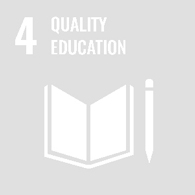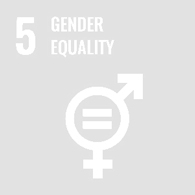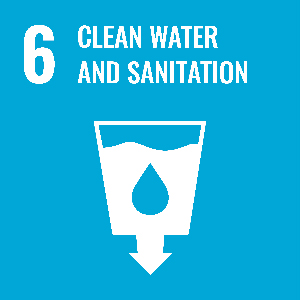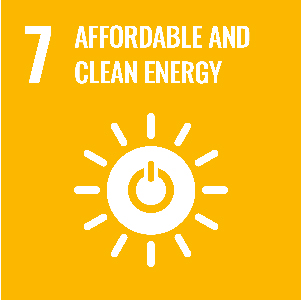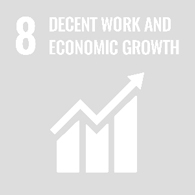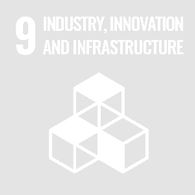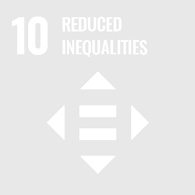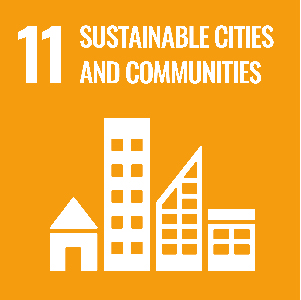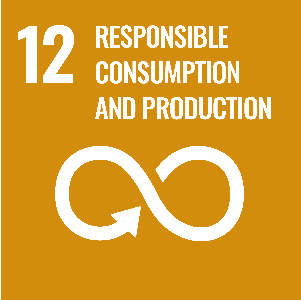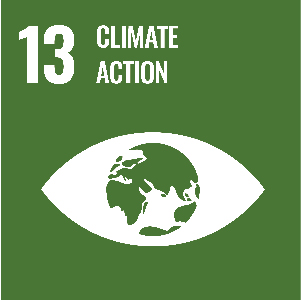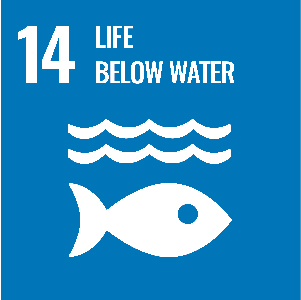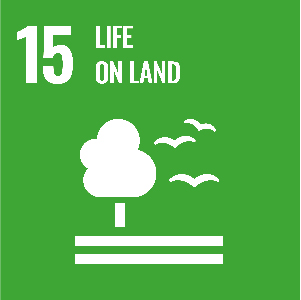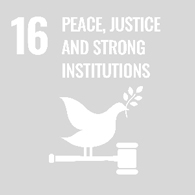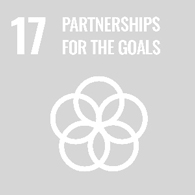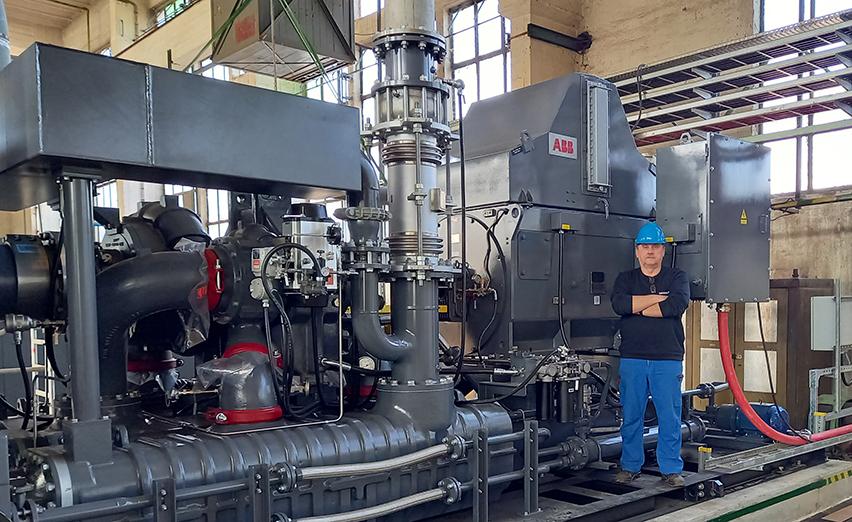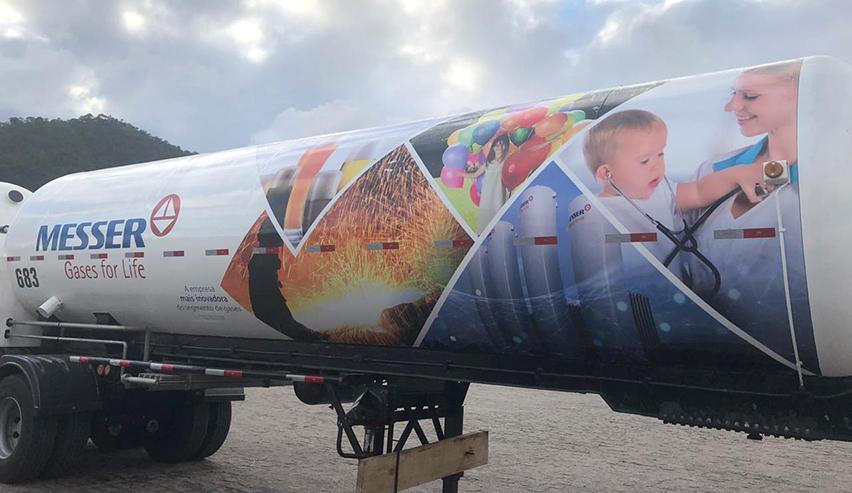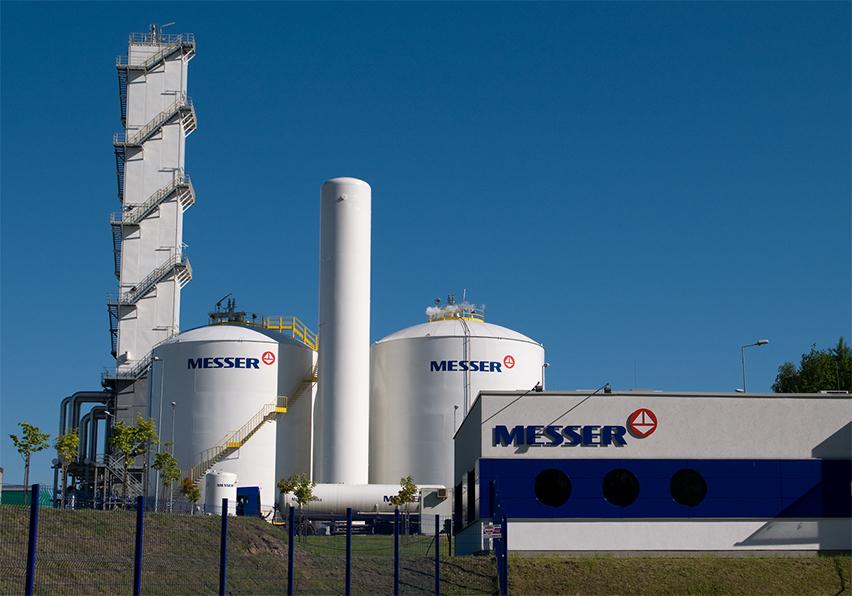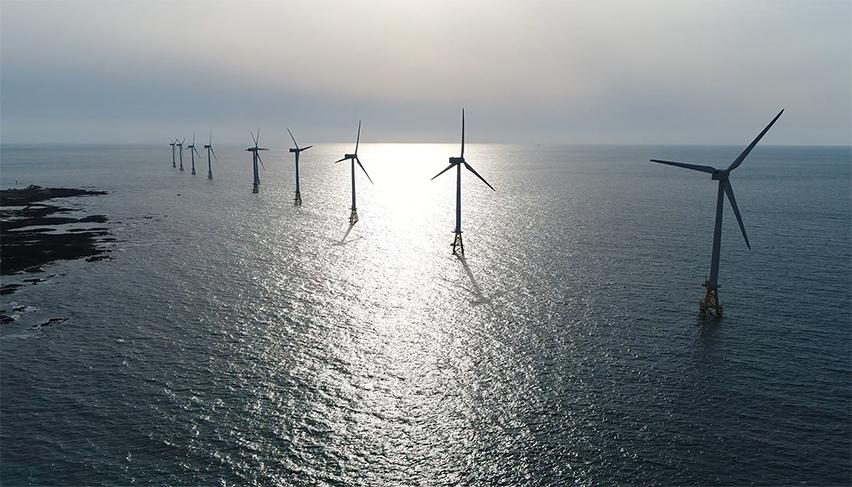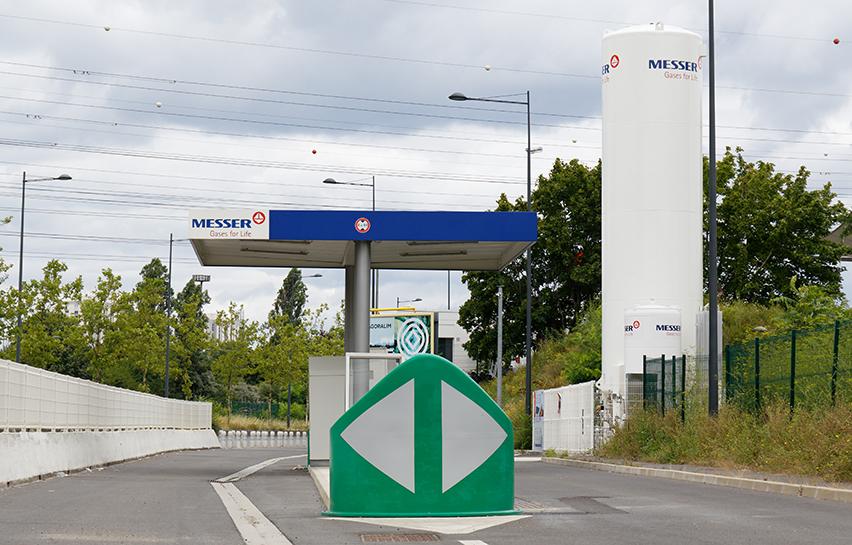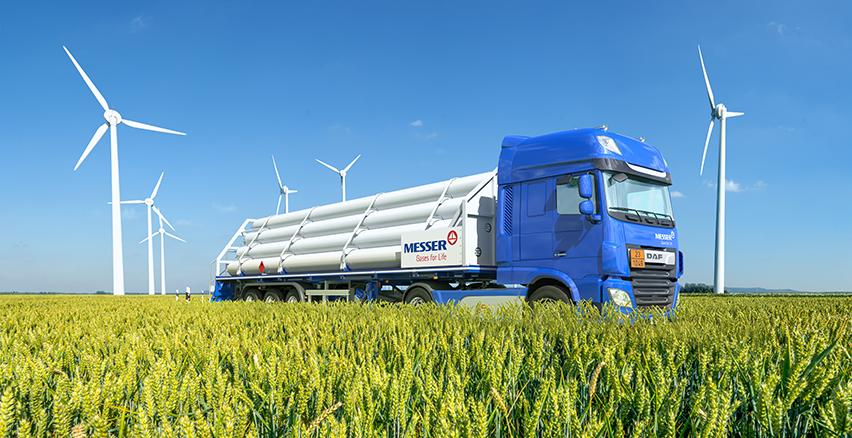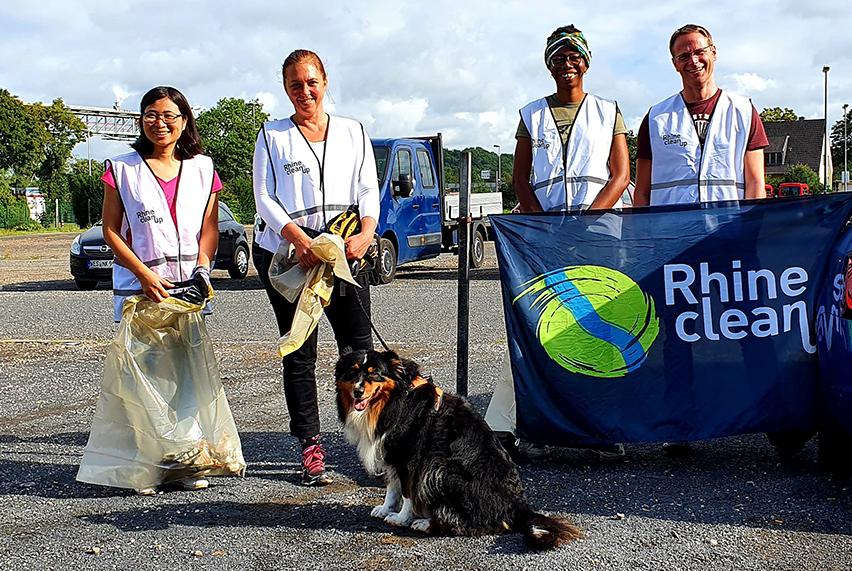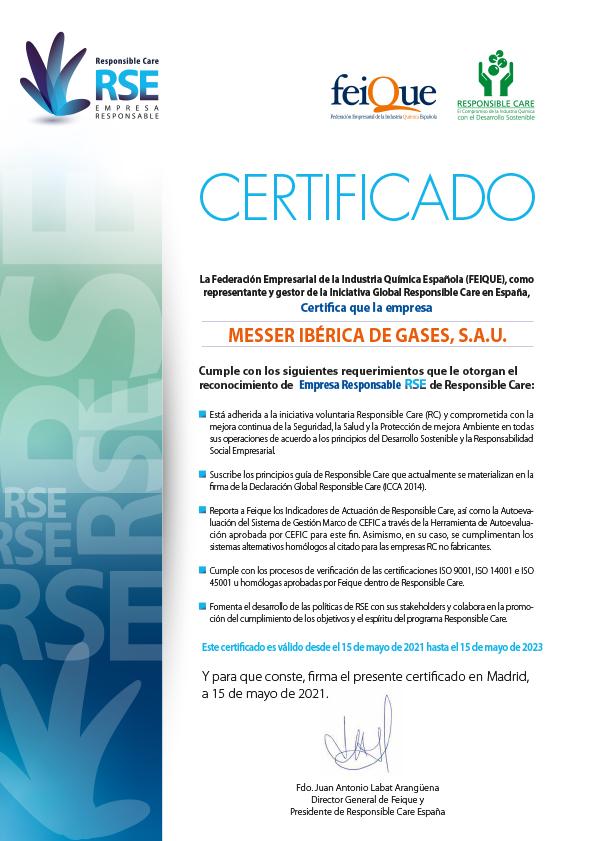Environmental & climate protection 2021
Messer focuses on the responsible use of all resources, especially energy. The specific energy consumption of all processes is a key performance indicator. Actions are undertaken each year across all Group companies aimed at achieving ever higher energy efficiency.
For example:
Most of the water that we consume is used to cool the compressors in our air separation units. In 2021, our Group-wide water consumption was 17.5 million cubic meters, which represents an increase of 900,000 cubic meters over financial year 2020. This 5.4-percent increase is attributable to the increase in production in 2021.
Our main manufacturing processes – air separation, CO2 purification and liquefaction – need no water within the actual production process streams. But they do generate a great deal of heat, mainly during the compression of gases. To carry that heat away, most units have an open cooling water circuit: the cooling water absorbs heat from the respective sources and discharges it to the atmosphere in an open cooling tower. There, part of the circulating water evaporates and another part is removed to prevent insoluble components from thickening. Fresh water must be fed back into the system to replace the water that is evaporated and/or removed. This results in the only direct water consumption of our manufacturing processes. The quantity of make-up water added is directly dependent on a unit’s electricity consumption. It averages about two to three cubic meters per hour per megawatt of electrical power.

In 2021, the total quantity of waste for Messer including its Western European companies was 29,155 metric tons. Of that figure, 15,484 metric tons were non-toxic waste and 13,671 metric tons were hazardous waste. These figures do not include data for Messer companies in North and South America.
Our commitment to environmental protection is also reflected in our worldwide Quality Management System. In 2021, 61 consolidated companies were certified according to ISO 14001 or Responsible Care Management System (RCMS); that was two more than in the previous year. ISO 14001 is an internationally recognized standard developed by the International Organization for Standardization (ISO). It defines requirements designed to help organizations establish, implement, maintain and continuously improve their environmental management systems. RCMS certification serves the comparable purpose and function for our American production sites.
We act sustainably to meet our customers’ needs, which include the reduction of their own carbon footprint. We achieve this through the impact of our gas applications on their production processes, through an efficient supply of gases – via on site units, for example – and through the use of emission-free or low-carbon products such as green hydrogen.
In customers’ industrial processes, our “Gases for Life” provide for greater safety, efficiency, quality, capacity and environmental compatibility and / or reduce the associated emissions and costs. To fully realize these potentials, we work closely with our customers, supply application engineering equipment and expertise, and help design and optimize processes. In addition, we provide our customers with process development support.
Messer, including its Western European companies, signed more new bulk contracts than in the previous year: In 2021, 31.1 percent of new contracts with explicitly positive overall effect on the environment were signed; in the 2020 financial year, that figure was 29.7 percent.
The increased number of new contracts based on applications with positive effects on the environment include, among other things:
- Increase in applications and installations with oxyfuel in Europe, especially in the non-ferrous and glass segments
- Continued implementation of cryocondensation units
- Further development of oxyfuel and hydrogen-oxygen combustion technology, both in the company’s own competence center and through sponsored R&D projects
Examples of gas applications with a positive environmental impact realized in 2021 include:

